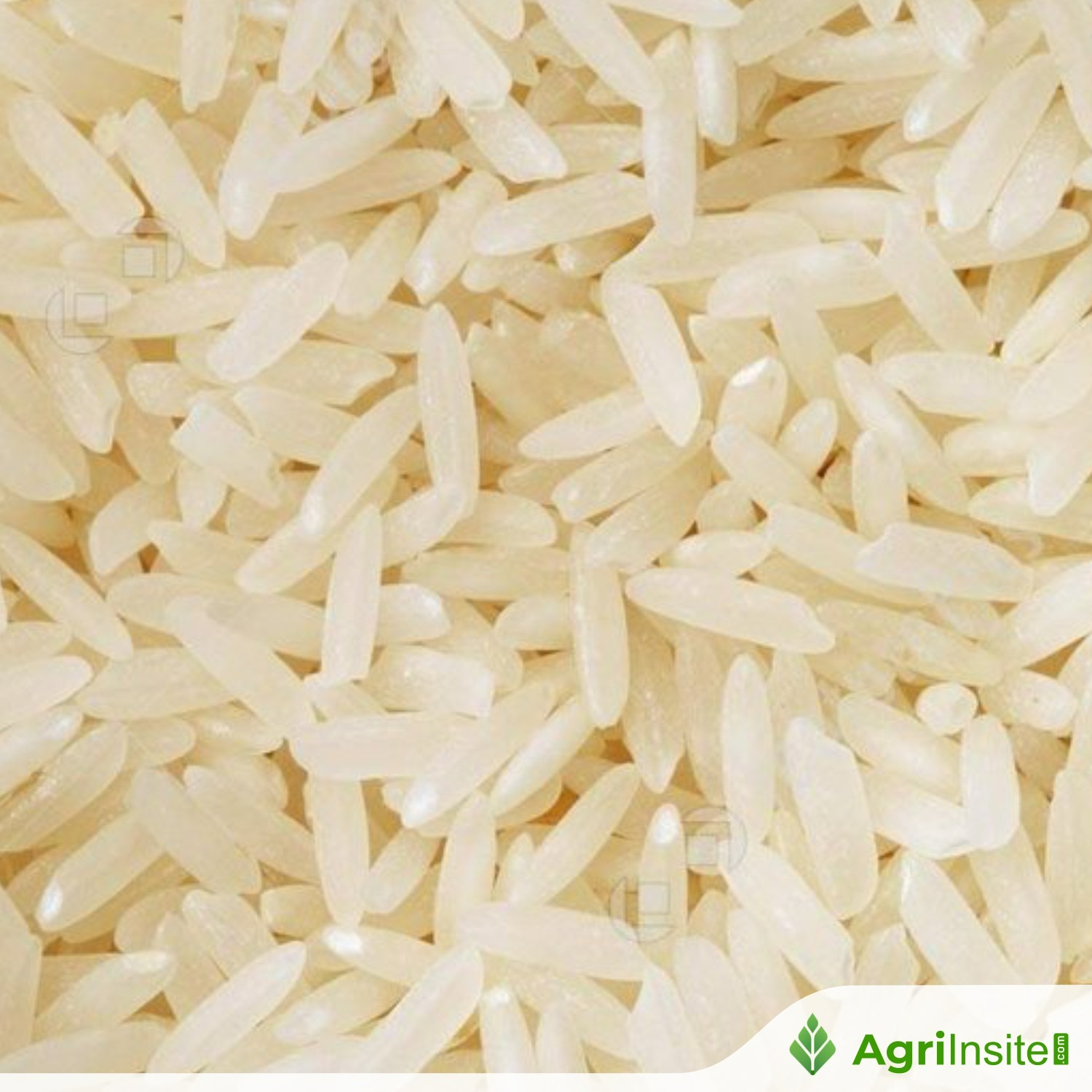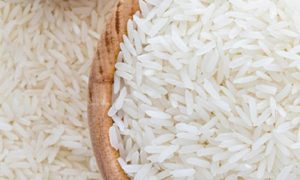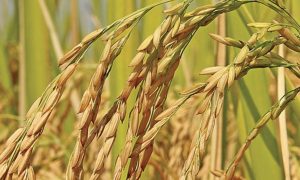Thailand : Commerce Ministry steps up 280,000-tonne G2G rice talks with China

Thailand’s Commerce Ministry aims to accelerate the sale of 280,000 tonnes of rice to China under a G2G deal and proposed raising the quota to 500,000 tonnes for the 50th anniversary of Thai–Chinese diplomatic ties. Talks focused on quality standards, trademarks, joint marketing, and protecting Thai rice in China.
The Commerce Ministry’s DFT has moved to accelerate the sale of 280,000 tonnes of rice to China under a G2G agreement, while proposing that the import quota be expanded to 500,000 tonnes as a symbol of close friendship in this year’s 50th anniversary of Thai–Chinese diplomatic relations.
Arada Fuangtong, director-general of the DFT, said she led a Thai trade delegation from both public and private sectors to Beijing from September 17 to 19, where they met with executives of the China Oil and Foodstuffs Corporation (COFCO), a leading state-owned enterprise in agriculture and food.
The key aim of the talks was to expedite the outstanding G2G rice purchase of 280,000 tonnes under the memorandum of understanding on agricultural trade cooperation between the two countries.
The DFT also proposed that COFCO increase rice imports from Thailand to 500,000 tonnes as a gesture of goodwill on the golden jubilee of Thai–Chinese ties. Both sides further agreed to pursue joint marketing and promotional activities in China to boost awareness of Thai rice’s quality and reputation among Chinese consumers.
The outcomes of the discussions will now be submitted to the policy-making bodies of both countries for further consideration.
Arada said the visit to China also included talks with the State Administration for Market Regulation (SAMR), which oversees the compliance of goods sold in the Chinese market. The discussions focused on strengthening cooperation to promote and protect Thai rice in China.
During the meeting, the DFT provided information on Thai rice standards, the registration of certification marks for Thai jasmine rice, and trademarks in China, as well as ways to identify and purchase genuine Thai jasmine rice exported from Thailand. This served to reinforce the quality and standards of Thai rice in the Chinese market.
SAMR expressed interest and shared details on procedures for handling cases where rice products fail to comply with Chinese regulations. The agency also pledged cooperation, confirming that if Thailand reports violations or counterfeit cases involving Thai rice in China, SAMR would promptly investigate and take legal action.
“This visit highlights Thailand’s commitment to expanding its rice market in China, particularly by expediting the outstanding G2G rice contracts,” Arada said. “This will play a key role in securing markets for Thai rice production while strengthening confidence and trade stability for farmers and exporters.”
She added that the Thai Rice Exporters Association had confirmed its full cooperation in delivering the outstanding volumes and in supporting the DFT’s efforts to ensure swift and efficient delivery, thereby strengthening confidence and fostering strong relations between the Thai government, the private sector, and Chinese partners.
Arada stressed that expanding Thai rice imports to 500,000 tonnes this year would be a special opportunity reflecting the close ties between the two countries, and would mark the beginning of deeper and broader cooperation in agricultural trade in the future.
Thailand exports an average of 400,000 to 500,000 tonnes of rice to China annually. From January to July 2025, Thailand exported 406,720 tonnes of rice to China, worth 6.81 billion baht.
This marked an increase from the same period in 2024, when exports stood at 180,694 tonnes valued at 4.22 billion baht — a rise of 125.09% in volume and 61.24% in value.
Most of the exports comprised white rice (57.90%), followed by glutinous rice (27.80%) and Thai jasmine rice (12.08%).
To Read more about Rice News continue reading Agriinsite.com
Source : Nation Thailand















